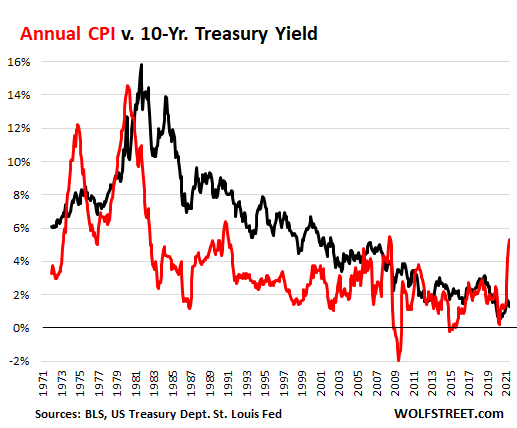

Crucially, it appears that only after the introduction of the informant did any actual arrangements to commit a criminal act come into existence.
For men, the issue is the RESULT. For women, the issue is the PROCESS.
It doesn't matter to men how the work was parceled out: the greater the challenge, the greater the achievement. Tell a man to do the impossible and he's got a good chance to do it, not because he was fair and thoughtful about who on his team deserved the best parts of the project, but because he put everyone's egos on the back burner and focused their attention on the goal.
Tell a woman to do the impossible, and she accepts that you've asked her to do what can't be done (at least by her and her team) and therefore abandons all but nominal allegiance to the result and focuses almost entirely on ensuring a fair distribution of the workload. She doesn't see a greater challenge as an opportunity for greater achievement -- she sees it as a personal attack and an attempt to question both her leadership and her ability. SHE is at the center of the equation, and by extension her team is. All that matters is that everyone was treated fairly and equitably at the end of the day, and no one can blame her if they weren't.
A result-oriented perspective on work and other issues gives men a decided advantage in business. They can simultaneously push for individual achievement and distinction AND work tirelessly and selflessly toward a common goal. Even if leadership barely acknowledges their contribution, everyone within the Male Social Matrix (a weak and anemic thing, compared to the FSM) knows that Jim screwed around this time while Bob burned the midnight oil and came up with that thing that saved the company millions. And they'll talk about it at lunch, too, or call each other out if things get heated.
But women? A process-oriented approach to work often decreases institutional momentum toward a specific goal. When the focus is on whether there are enough shovels to go around, and who has to take turns, and not on how much dirt everyone moved that day, the social friction created by this solipsistic perspective is a serious drag on performance. But even if the goal fails, women will still look on their experience as a "victory" if the way they did it was agreeable to everyone. By worrying about themselves and how to ensure fair play and a level playing field for everyone else -- and assuming that everyone else is also worrying about those things first -- women allow their solipsistic nature to cloud their perspective in business.
This imbalance in the sexual marketplace is not a good thing. A society teeming with lonely women and sexually frustrated men is one hurtling toward disaster. It is imperative that we, as a society, think carefully about solutions to this burgeoning crisis.No shit. Nobody will do a damned thing about it, because the causes have a lot to do with "what happened in 1971".
Basic civil, human, and economic rights were violated under demonstrably fraudulent pretenses. The sacrifices we thought we were making for the common good were sacrifices made in vain. Unlawful lockdowns demoralized the population and ruined lives. The tragic reality is that this was all for nothing. The only way to prevent these events from recurring is to exhaustively investigate not just the origin of the virus, but every corrupt and misguided decision made by politicians, NGOs, public health organizations, and scientific institutions made since its fateful emergence.